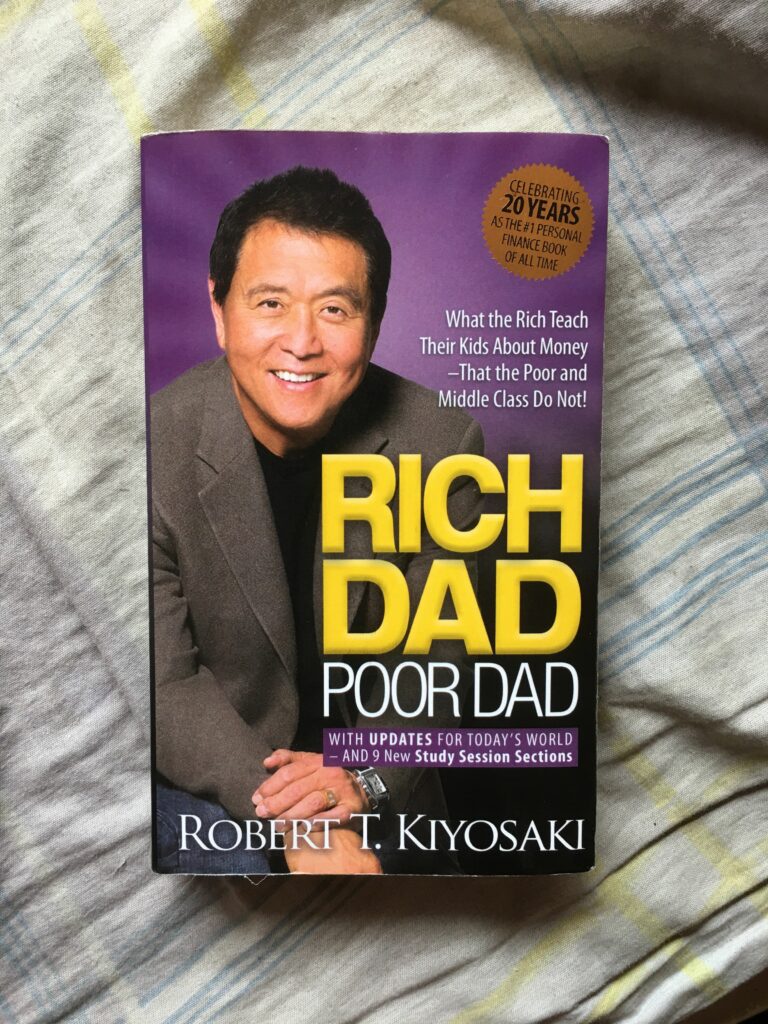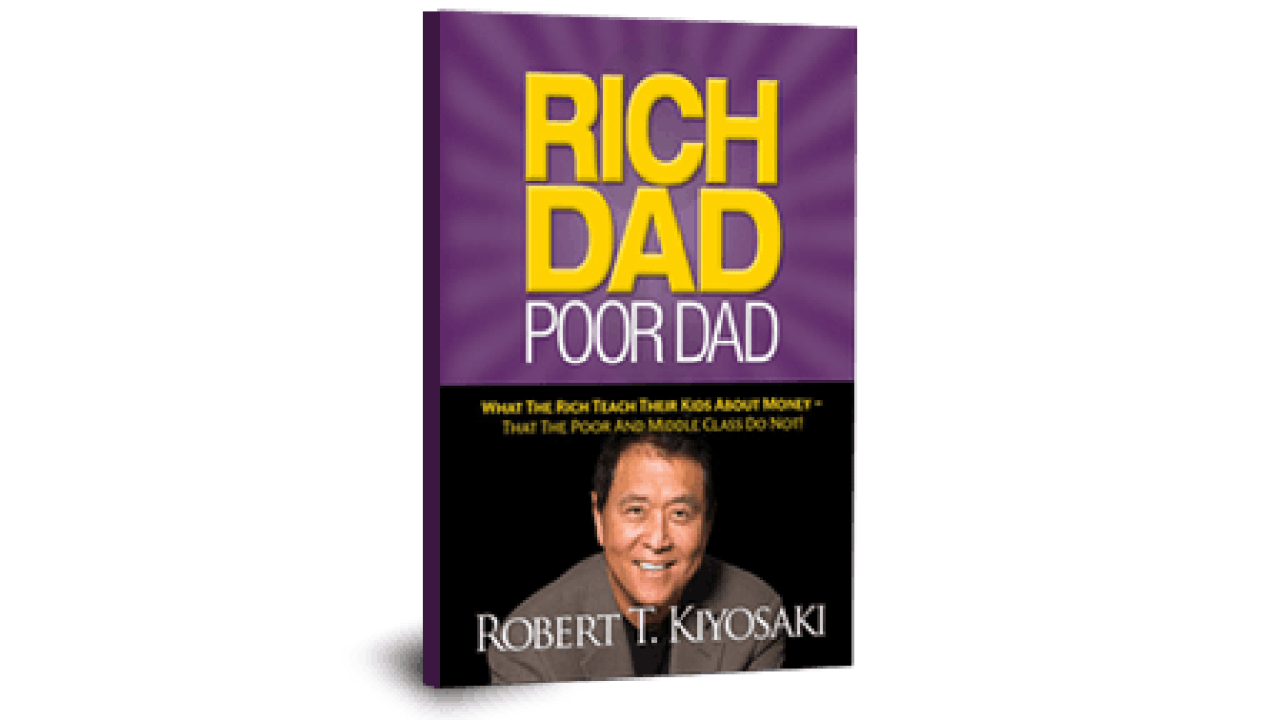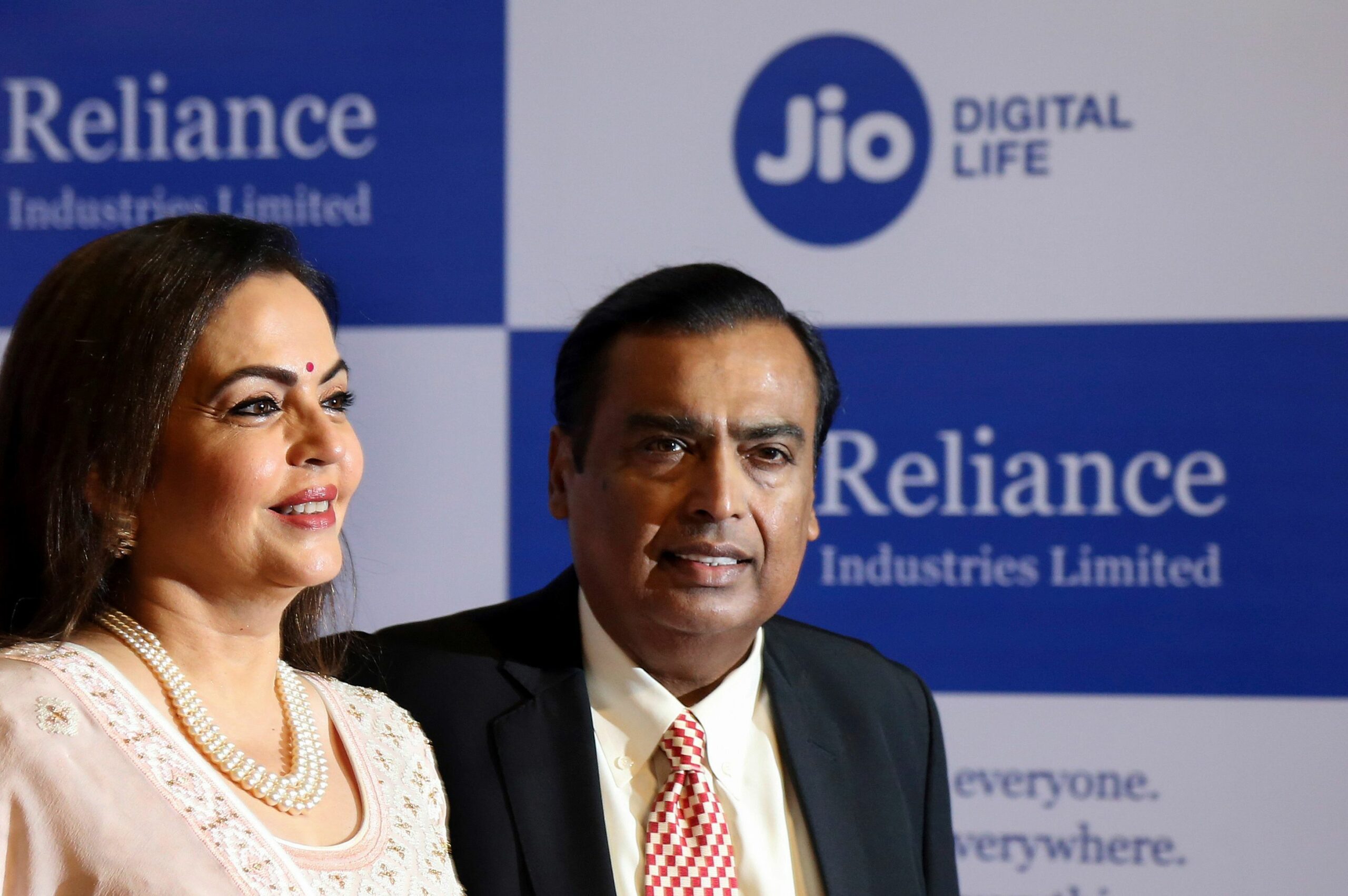Introduction
“There is a need”.
School doesn’t teach us about the necessity of finance in life. It prepares for the typical old-school mediocrity. This book creates a sense that, it is not necessary to do a higher paying job to rich and wealthy.

One of the reasons that rich get richer, poor get poorer because middle class struggles in debt and the subject of money is taught at home, not at school. Book comprises of these main 6 chapters with an utmost important introduction.
- Introduction. Rich Dad Poor Dad
- 1. The Rich Don’t Work for Money
- 2. Why Teach Financial Literacy?
- 3. Mind Your Own Business
- 4. The History of Taxes and the Power of Corporations
- 5. The Rich Invent Money
- 6. Work to Learn – Don’t Work for Money
Summary
Poor Dad was Kiyosaki’s biological father. Poor Dad believed in studying hard and getting good grades, then finding a well-paying job. Yet, despite these seemingly positive attributes, Poor Dad didn’t do well financially.
Rich Dad was the father of Kiyosaki’s best friend. Rich Dad believed in financial education, learning how money works, and understanding how to make money work for you. Although he was an eighth-grade dropout, Rich Dad eventually became a millionaire by putting the power of money to work for him.
The author had put his efforts on explaining the necessity of making yourself smart with money. His basic mantra was to make people understand the phenomena “The Rich Don’t Work for Money”.
Concentrate your efforts on buying income-producing assets – when you truly understand what an asset is. Keep liabilities and expenses low. it’ll deepen your asset column. Cash flow tells the story of how a person handles money.
Compare how business owners and investors on the basis of taxation:
Business owners with a corporate structure:
- Earn
- Spend
- Pay taxes
Employees who work for corporations:
- Earn
- Pay taxes
- Spend
It is more often that a wealthy person controls many a things, but none of that is in his/her name.
Author reminds people that financial IQ is made up of knowledge from four broad areas of expertise:
- Accounting
- Investing
- Understanding markets
- The law
As Kiyosaki writes:
“I recommend to young people to seek work for what they will learn, more than what they will earn. Look down the road at what skills they want to acquire before choosing a specific profession and before getting trapped in the Rat Race.”
Main management skills
- Management of cash flow
- Management of systems
- Management of people
There’s a difference between poor and broke, as broke is temporary and can end with some efforts, on the other hand, being poor is eternal. Working for someone doesn’t get you a fortune, make your mind work for you. Never work for money, let money work for you. The number-one expense for most people is taxes. Higher incomes cause higher taxes. This is known as “bracket creep.” A person can be highly educated, professionally successful, and financially illiterate.
When Author says mind your own business, he means building and keeping your asset column strong. Once a dollar goes into it, never let it come out. He sees one thing in common in all of us, himself included. We all have tremendous potential, and we all are blessed with gifts. Yet the one thing that holds all of us back is some degree of self-doubt.
Unnecessary Hindrances
- Fear
The possibility of losing money is more often the driving factor for the people. A wealthy person is not someone who has never lost their money, he is someone who has lost a majority and it didn’t give up on that note.
- Cynicism
The “What if?” is the the biggest hinderance among all the possible hinderances because lack of self confidence will eliminate the risk taking capacity among the people.
- Laziness
Dedication is good, but channelizing it in the right place is also an important task. Being lazy or keeping yourself busy is not going to take you anywhere and it might also take away the things which were ignored by you, while keeping yourself busy.
- Bad habits
Habits control behavior. Paying yourself first – even if you don’t have enough money to pay other people – makes you financially stronger, mentally and fiscally. In a way, it’s a form of reverse psychology.
- Arrogance
Investors know what makes them money. Train yourself to listen to what other people have to say, especially when it comes to money and investing. If you discover you’re ignorant about a subject, educate yourself or find an expert in the field.
Overcoming these five biggest obstacles on the path to real estate success requires a blend of balance and focus.
Basic Points
- The poor and the middle-class work for money. The rich have money work for them.
- It’s not how much money you make that matters. It’s how much money you keep.
- Rich people acquire assets. The poor and middle class acquire liabilities that they think are assets.
- Financial aptitude is what you do with money once you make it, how you keep people from taking it from you, how to keep it longer, and how you make money work hard for you.
- The single most powerful asset we all have is our mind.
Richard believes one of the hardest things about wealth-building is to be true to yourself and to be willing to not go along with the crowd.
About the author
- Born on April 8, 1947.
- He attended Hilo High School and graduated in the year 1965.
- He attended the United States Merchant Marine Academy in New York and graduated in 1969 as a deck officer with a Bachelor of Science degree and a commission as a 2nd Lt. in the U.S. Marine Corps.

- He is the founder of Rich Global LLC and the Rich Dad Company, a private financial education company that provides personal finance and business education to people through books and videos.
- He enrolled in a two-year MBA program at the University of Hawaii at Hilo in 1973 while he still was in the military.
- Kiyosaki endorsed and supported Republican candidate Donald Trump for the 2016 presidential elections.




